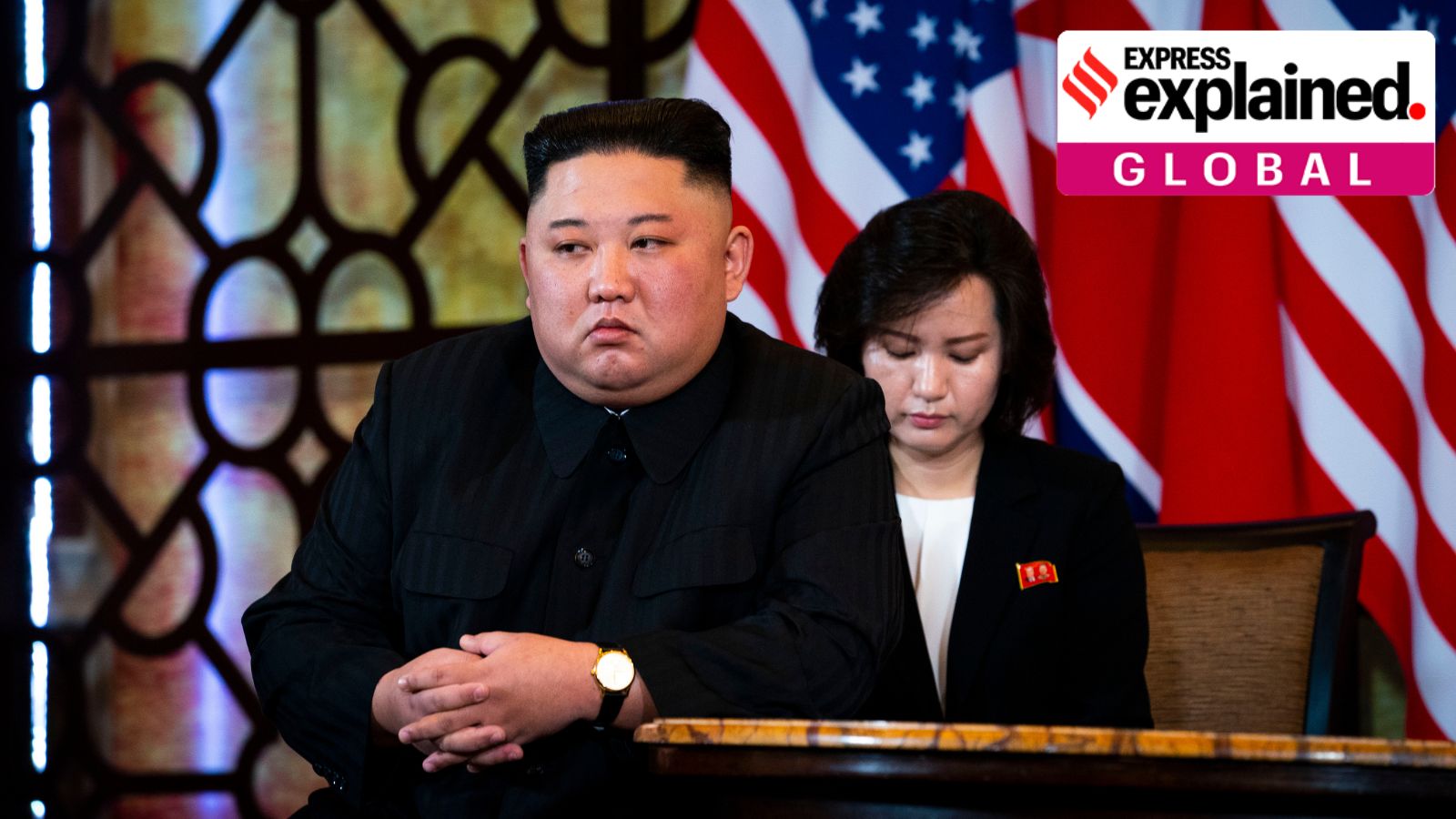 |
|
The escalating tensions between North Korea and South Korea are a cause for grave concern. The recent developments, including North Korea's claim of over 1.4 million citizens joining the army and the destruction of border infrastructure, signal a dramatic shift in the relationship between the two Koreas. The historical context is crucial in understanding the current situation. The Korean War (1950-1953), which ended with an armistice rather than a peace treaty, has left the two Koreas technically at war. Their political and ideological differences, coupled with the support of their respective allies (North Korea aligned with Russia and China, South Korea with the US and Japan), have further deepened the divide.
The 2019 Hanoi summit debacle, where a potential deal on sanctions and denuclearization fell apart, proved to be a turning point. North Korea, feeling a loss of face, ended its efforts to normalize relations with the US and resumed expanding its military capabilities. This includes restarting its nuclear program, a violation of UN Security Council restrictions. The subsequent rhetoric and provocations from North Korea towards South Korea, including the launch of a military spy satellite and the suspension of a five-year-old agreement, further exacerbated tensions. In January 2024, Kim Jong Un declared South Korea as a 'primary foe' and proposed constitutional amendments to legitimize the 'occupation' and 'incorporation' of the South in the event of war.
The current situation, as described by experts Robert Carlin and Siegfried Hecker, is 'more dangerous than it has been at any time since early June 1950.' They argue that the situation has changed significantly, rendering the 'ironclad deterrence' of the US-South Korea alliance less effective. The geopolitical context further adds complexity. North Korea's growing ties with China and Russia, including potential military support to Russia in its war against Ukraine, have raised alarm bells. Meanwhile, South Korea has strengthened its relationship with Japan and the US, forming a trilateral cooperation secretariat. This alliance, aimed at countering threats from North Korea, China, and Russia, has been characterized by North Korea as a 'worst actual threat.' The possibility of a war remains a distinct possibility, with Pyongyang's decision potentially hinging on the outcome of the US election.
The current situation demands careful and nuanced diplomacy. The international community must work together to de-escalate tensions and prevent a catastrophic conflict. Engaging in meaningful dialogue, addressing the root causes of the conflict, and pursuing peaceful solutions are paramount. Ignoring the danger or relying solely on deterrence could lead to dire consequences. The future of the Korean peninsula hangs in the balance. It is imperative that all parties prioritize dialogue, diplomacy, and peaceful resolution to prevent a return to the dark days of war.
Source: Explained: The likelihood of an all-out war between North Korea, South Korea
